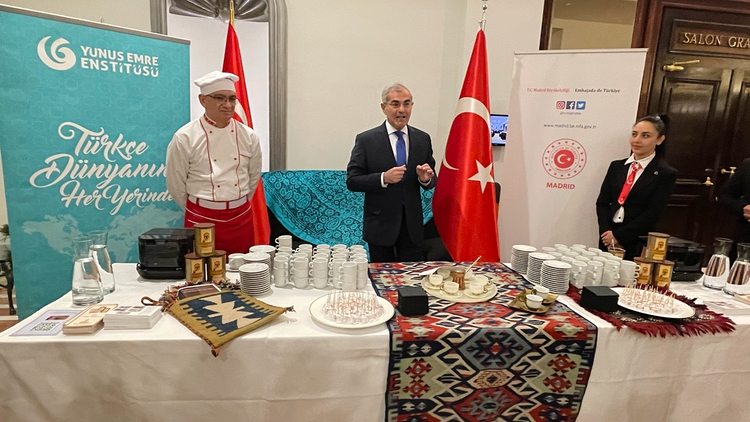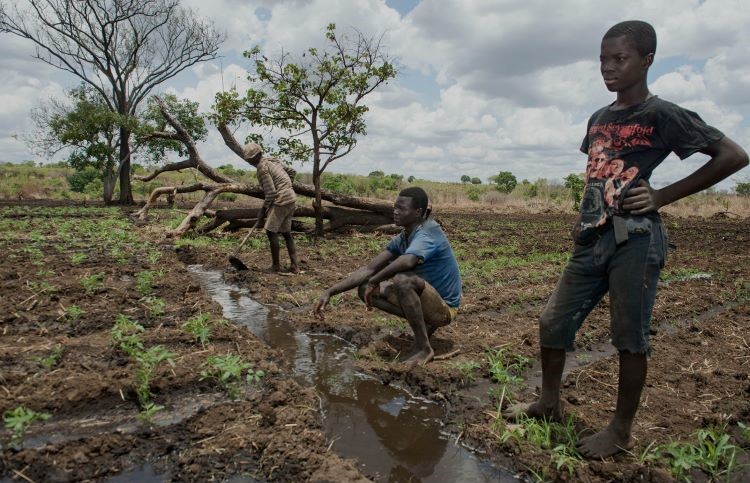Alberto Rubio
“Coffee came to Turkey in the 16th century and stayed forever,” said Ambassador Burak Akçapar during the tasting of this drink, which he offered on Tuesday at the Intercontinental Hotel in Madrid to commemorate World Turkish Coffee Day, which was included in 2013 by UNESCO in the representative list of the Intangible Cultural Heritage of Humanity.
The ambassador reviewed the rich cultural heritage that Turkish coffee has left over the centuries, both outside and within its borders, where, for example, it is a traditional event in the proposal ritual of brides, who prepare and serve coffee to their suitor and family members.
He also pointed out how, a few years after its arrival in Turkey, it is believed that in 1593, merchants from this country began to introduce it to Europe, turning it into one of the most valuable products of the Ottoman Empire.
The preparation of Turkish coffee, or ‘kahve’ as it is called in Turkey, is one of the oldest methods of preparation. It is made with finely ground coffee, water and sugar in a special pot. The process, as the ambassador explained, “takes time” if it is done properly, since it must be “brought to the boiling point but without going beyond it, to prevent it from burning”.
Burak Akçapar also showed his satisfaction because, at the same time as the World Turkish Coffee Day, his country celebrates the recognition of women’s right to vote and to be elected in Turkey.
At that time, December 5, 1934, 28 countries recognized this right for women and only in 17 was it officially used. Turkish women were able to vote and run in a general election on February 8, 1935, winning 18 seats in the Grand National Assembly.







